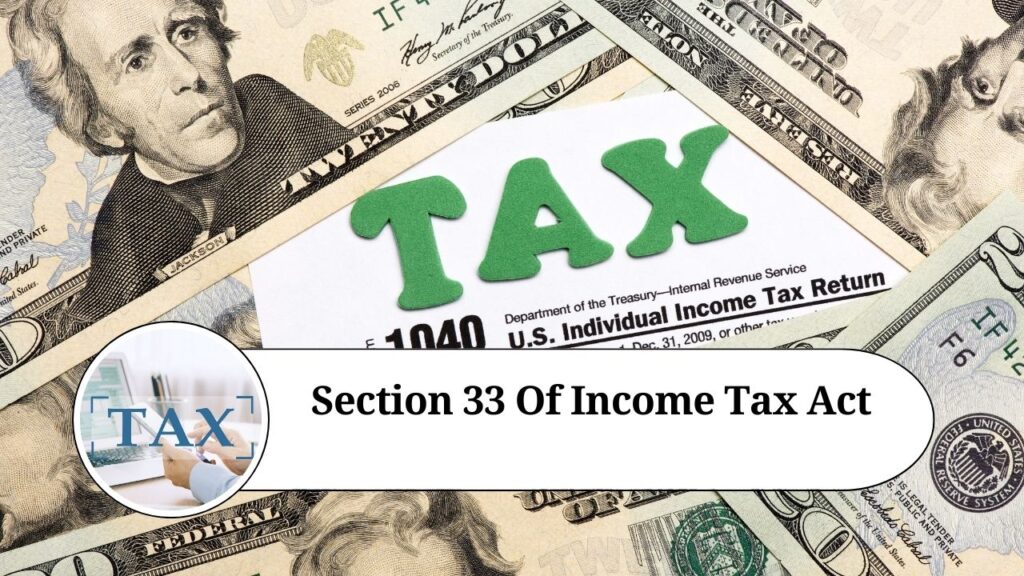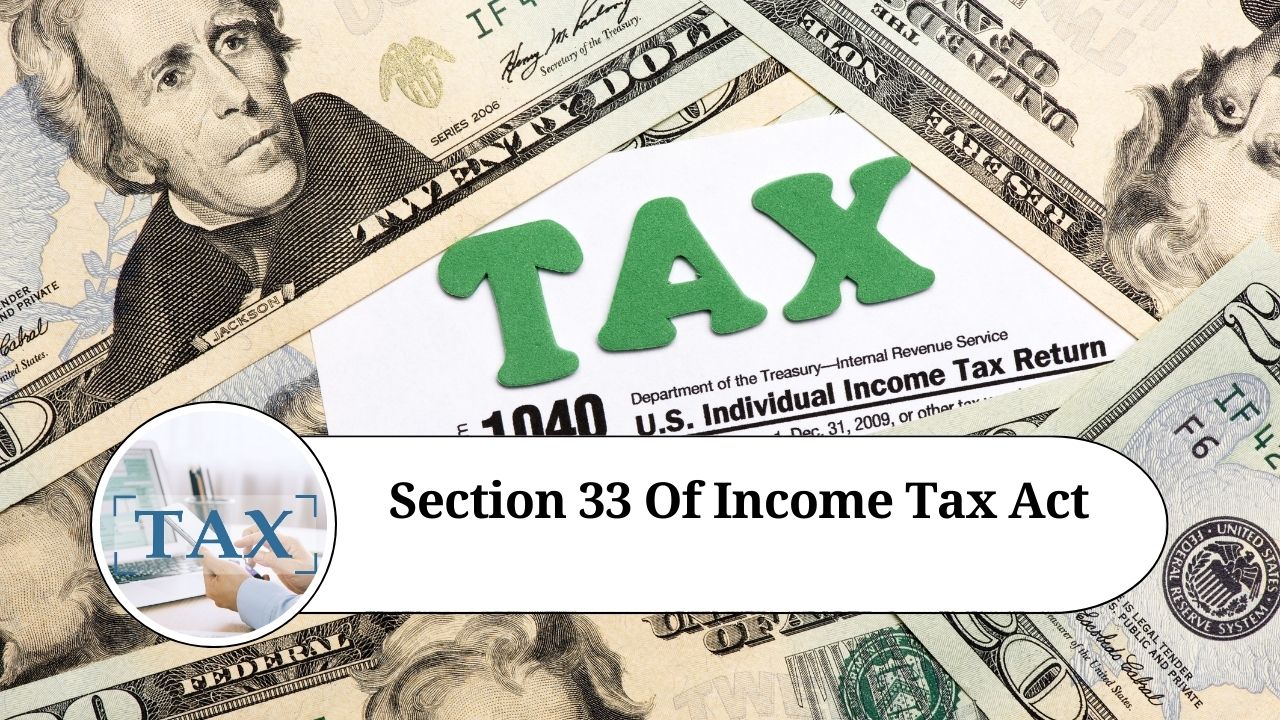Understanding Section 10(33) of the Income Tax Act: Tax Exemption for Income from Unit Scheme, 1964
Tax planning is a crucial aspect of financial management, and understanding specific exemptions can significantly impact your tax liabilities. One such exemption under the Income Tax Act is Section 10(33), which provides tax relief for income arising from the transfer of units under the Unit Scheme, 1964. In this blog, we will delve into the details of Section 10(33), its practical implications, and how you can benefit from this provision.
What is Section 10(33)?
Section 10(33) of the Income Tax Act offers an exemption for income arising from the transfer of a capital asset, specifically units of the Unit Scheme, 1964. This scheme is referred to in Schedule I of the Unit Trust of India (Transfer of Undertaking and Repeal) Act, 2002. The exemption applies to transfers that occur on or after April 1, 2002.
Key Points of Section 10(33)
Exempt Income:
Any income arising from the transfer of units under the Unit Scheme, 1964, is exempt from tax.
Applicable Timeframe:
The exemption applies to transfers made on or after April 1, 2002.
Context:
The Unit Scheme, 1964, was part of the restructuring of the Unit Trust of India (UTI) under the Unit Trust of India (Transfer of Undertaking and Repeal) Act, 2002.
Practical Implications
Tax Benefit:
Investors holding units under the Unit Scheme, 1964, who sell these units after April 1, 2002, can benefit from this exemption. Any income arising from such a transfer will not be subject to tax.
Investment Consideration:
This provision may influence investment decisions, especially for those holding legacy units of the Unit Scheme, 1964, as it offers a tax advantage upon transfer.

Example
Let’s consider an example to understand the practical application of Section 10(33):
-
- If an investor held units of the Unit Scheme, 1964, and decided to sell these units on April 10, 2002, any income arising from this transfer would be exempt from tax under Section 10(33).
Relevant Case Laws
While specific case laws directly related to Section 10(33) might be limited, reviewing relevant judicial pronouncements on similar exemptions can provide a broader understanding of how courts interpret and apply such provisions. Investors and tax practitioners should stay updated with case laws to ensure compliance and optimal tax planning.
Frequently Asked Questions (FAQs)
Q1: What is the Unit Scheme, 1964?
The Unit Scheme, 1964, was a mutual fund scheme managed by the Unit Trust of India (UTI). It is referred to in the Unit Trust of India (Transfer of Undertaking and Repeal) Act, 2002.
Q2: When does the tax exemption under Section 10(33) apply?
The tax exemption applies to transfers of units under the Unit Scheme, 1964, that occur on or after April 1, 2002.
Q3: How can I benefit from Section 10(33)?
If you hold units under the Unit Scheme, 1964, and sell them after April 1, 2002, any income from this transfer will be exempt from tax, providing you with a significant tax benefit.
Q4: Are there any specific case laws related to Section 10(33)?
While there may be limited specific case laws directly related to Section 10(33), reviewing judicial pronouncements on similar exemptions can provide valuable insights.
Q5: Does this exemption apply to all types of capital assets?
No, this exemption specifically applies to units of the Unit Scheme, 1964, as referred to in Schedule I of the Unit Trust of India (Transfer of Undertaking and Repeal) Act, 2002.
Q6: What is the significance of the April 1, 2002 date?
April 1, 2002, marks the period post the reorganization of UTI, and any transfer of units under the Unit Scheme, 1964, after this date qualifies for the exemption under Section 10(33).
Q7: How should I report this exempt income in my tax return?
While the income is exempt, it is still advisable to report the transfer in your tax return for transparency and to ensure compliance with all tax regulations.
Q8: How does Section 10(33) compare to other similar exemptions?
Section 10(33) is unique to the Unit Scheme, 1964, while other exemptions may apply to different types of capital assets or under different conditions. It’s essential to understand the specific requirements and benefits of each exemption to maximize tax savings.
Q9: Can new investors still benefit from this exemption?
New investors who acquire units of the Unit Scheme, 1964, and transfer them on or after April 1, 2002, can still benefit from this exemption. However, as the scheme was originally launched in 1964, new acquisitions would typically occur through secondary market transactions.
Conclusion
Understanding Section 10(33) of the Income Tax Act can help investors make informed decisions and benefit from the available tax exemptions. By being aware of the specifics of this provision, you can optimize your tax planning and reduce your tax liabilities. Stay updated with relevant case laws and judicial interpretations to ensure compliance and maximize your tax benefits.
For more information on tax exemptions and financial planning, visit Smart Tax


Leave a Reply